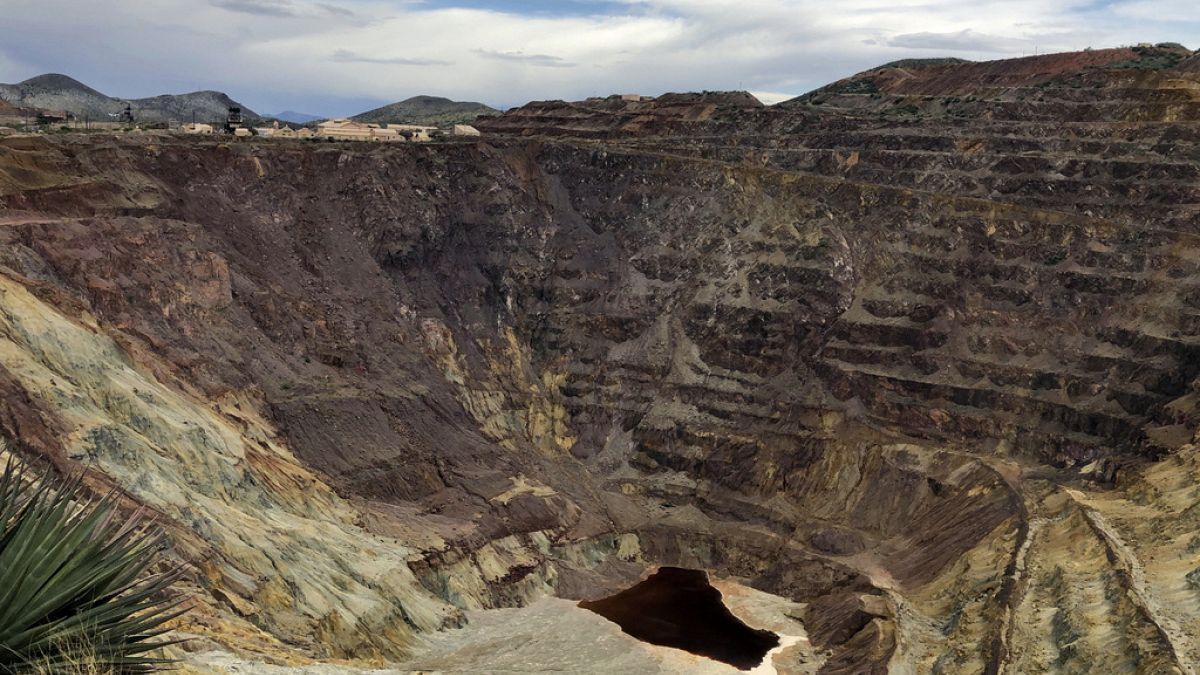The European Union is facing pressure to increase raw material extraction across the continent, leading to concerns over the disposal of mining waste. As EU law mandates that at least 10% of critical raw materials essential for the energy transition must be sourced within the bloc by 2030, environmental campaigners are calling for legislation to handle the growing volumes of mining waste. The group Transport & Environment (T&E) is urging the upcoming European Commission to revise laws on extractive waste to prevent fragmentation of regulations across different countries. With the Critical Raw Materials Act aiming to extract 10% of crucial materials like lithium within the EU, there is a need for harmonization and improved rules on waste for both new mines and remining.
The group T&E recommends replacing the 2006 Extractive Waste Directive with a Regulation that would apply directly in all EU member states, ensuring uniformity in rules. The upcoming Commission is also urged to address issues such as liability in case of accidents and the monitoring and limitation of environmental impacts. The group believes that mandating companies to implement the safest tailings storage and monitoring techniques is essential to protect communities living near mining sites. Public opinion has become increasingly important, with protests against lithium mines in Portugal and Serbia highlighting the need for stronger environmental and social standards in mining waste rules.
Despite protests in Serbia against the government’s support for mining conglomerate Rio Tinto to extract lithium, the EU remains committed to its strategic partnership with Belgrade. The Commission aims to secure access to cheap raw materials as a key goal of the Clean Industrial Deal, the flagship policy agenda for President Ursula von der Leyen’s second term. The Initiative for Responsible Mining Assurance (IRMA) has launched a voluntary global certification program for mine operators, which could serve as a model for EU legislators. The IRMA standard aims to protect communities, Indigenous rights holders, workers, and the environment from the risks posed by mine waste even after a mine is closed.
The Critical Raw Materials Act is expected to drive investment in extracting minerals from disused mine or mining waste, opening the door to remining in Europe. T&E emphasizes the need to strengthen European rules on waste for new mines and integrate rules on remining, along with addressing issues like liability and monitoring of environmental impacts. The group argues that Europe needs to enhance its mining waste rules to align with global environmental and social standards, reassuring communities living near mining sites. Transparency and accountability in mining operations are crucial to protect people, environment, and water sources from risks posed by mine waste, even after the closure of mines.
The ongoing protests in Serbia against the Rio Tinto mining project highlight the challenges faced by policymakers in balancing the need for raw material extraction with environmental and social concerns. The IRMA standard, which focuses on protecting communities and the environment from the impacts of mining waste, provides a potential model for EU legislators to follow. As the EU continues to focus on securing access to critical raw materials for its clean industrial transition, addressing issues related to mining waste disposal and regulation becomes crucial. Harmonizing rules across Europe and enhancing environmental and social standards in mining operations are key steps towards ensuring sustainable and responsible raw material extraction in the region.











